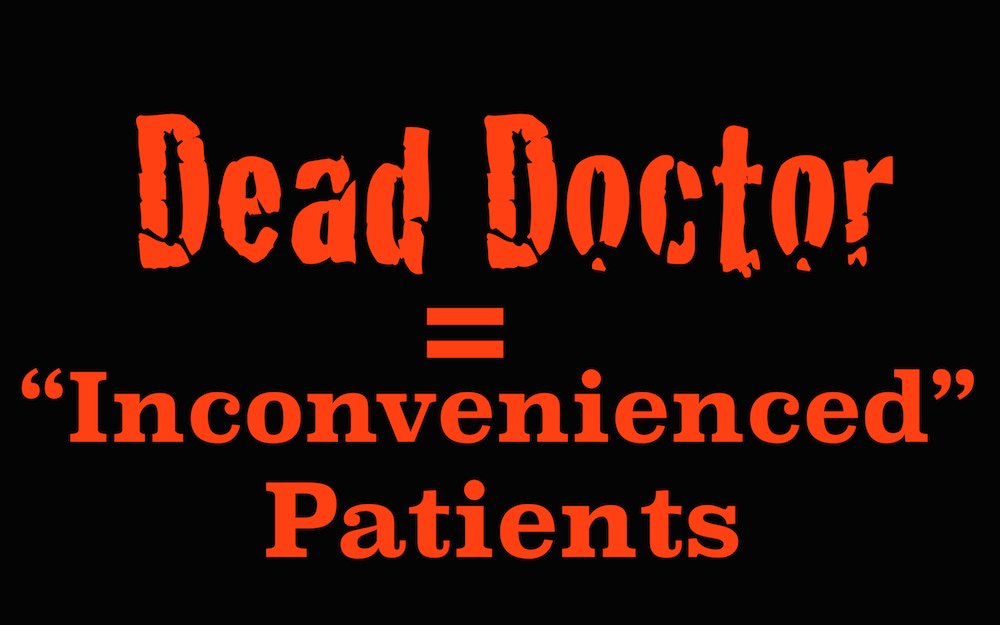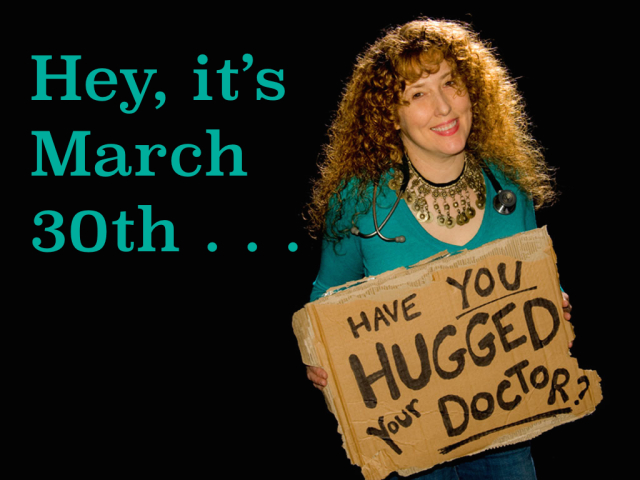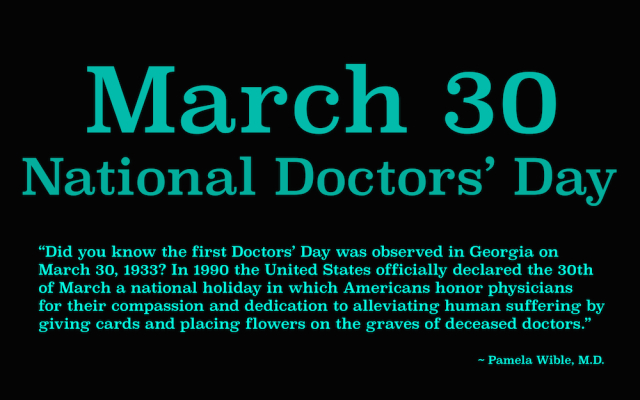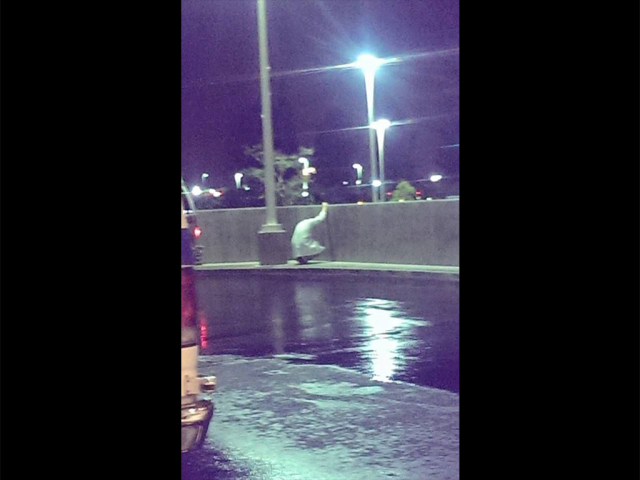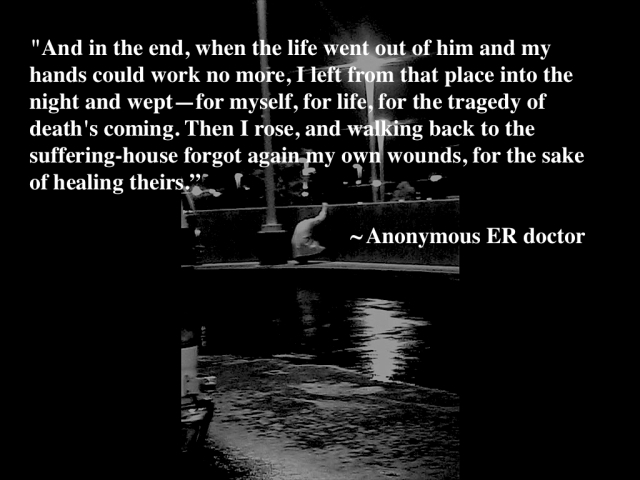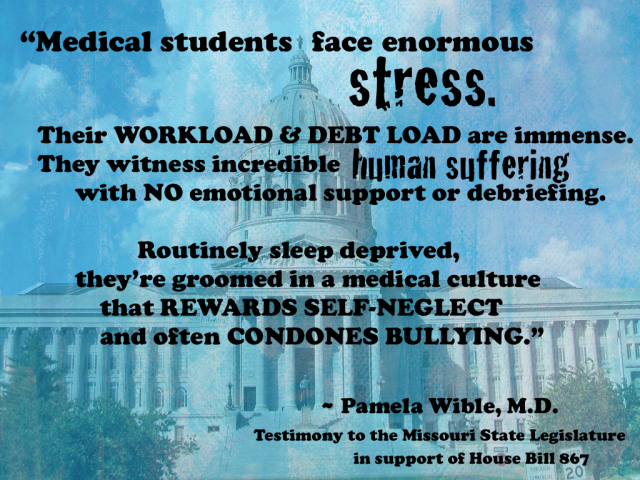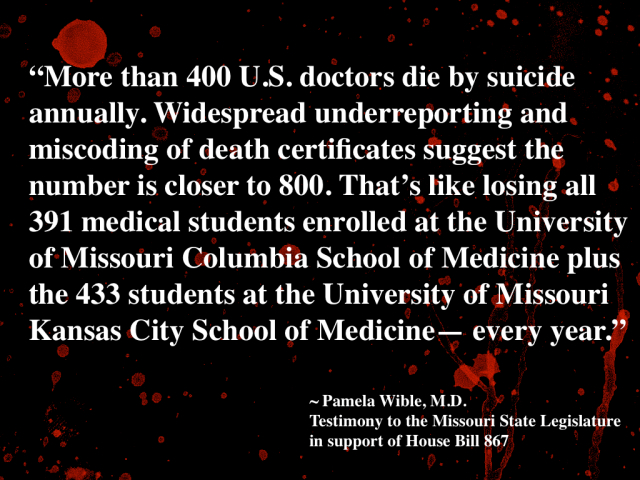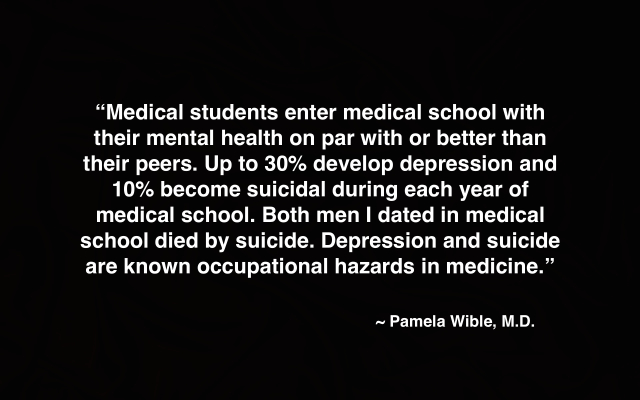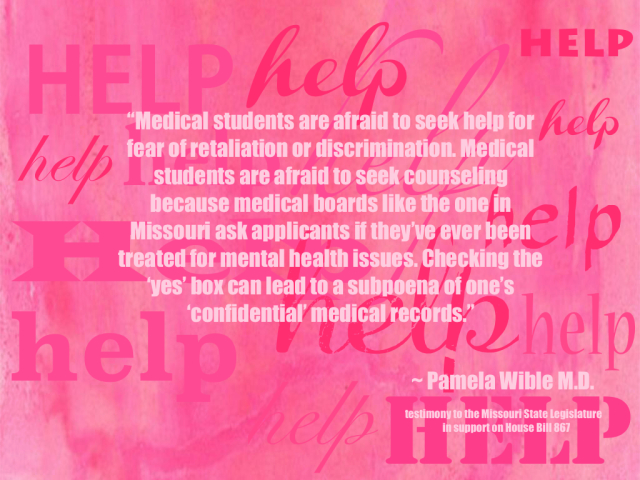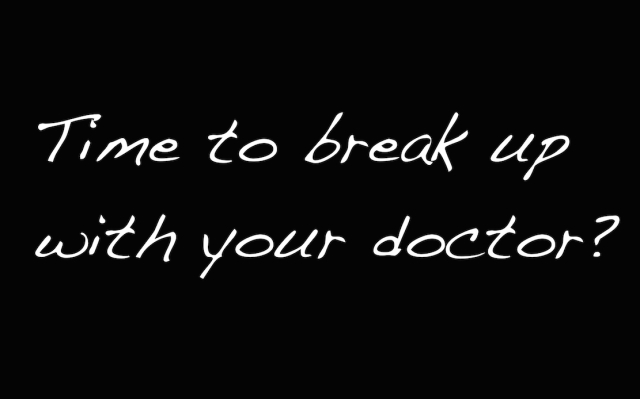
Not all relationships work out.
My prescription: if a relationship isn’t working, end it. Now.
Recently an insurance plan told me they were sending a nurse to my office for a chart review that would take 3 hours. After 24 years of education, state licensure, board certification, and over 50 hours of continuing medical education each year, I’m not trusted to provide Pap smears or treat sinusitis without monitoring. OMG. I’m a solo doc. No staff. I can’t spend 3 hours being micromanaged by a nurse. I’m busy treating patients—and helping suicidal doctors struggling with the same insurance B.S. My solution: terminate contracts with all insurance companies.
Then—I gave my patients the option of terminating me. I even wrote the “Dear John” letter for them.
Love me? Love me not?
Dear Patient,
You may have received a letter from your insurance company indicating that I’m no longer an in-network provider with your health plan and that you will “need” to select a new participating provider in order to receive your plan’s benefits at the highest level. Is this true?
The truth is I will be out-of-network with all insurance companies as of June 1, 2015. This means that you may be responsible for a higher percentage of your office visit (call your plan for specifics). Ten years ago, I opened this clinic so that I could be a real doctor. Many insurance plans are making rather burdensome demands on in-network “preferred providers” so I’ve chosen to preserve my sanity—and still care for you. At this time, I will continue to submit your claims and expect nothing significant to change—other than your copay.
Let me assure you that I will continue to be your doctor regardless of your insurance plan—even if you have no insurance. I’m honored that you have chosen me to be your doctor and my commitment to you and to our relationship is lifelong. Since I never plan to retire, I will be here for you—until one of us dies. As in any relationship, it’s good to “renew our vows” with one another. I’m writing to find out if you wish to continue having me as your doctor—or not. If you value having a lifelong relationship with a doctor off the assembly line and believe my care is worth more than a $20 copay, I encourage you to say “yes.” 🙂
Please respond to this email with a “yes” or “no.”
Sincerely,
~ Pamela
P.S. If you’re uninsured, ignore the first two paragraphs. I welcome you, as always, with open arms. Please also indicate your intention to continue under my care.
And the results are in . . .
“YES! Abby and i have been down that road of Doctors that frankly wanna push pills and don’t care, we love you!”
“I am not interested and have asked to stop getting emails . . . I have had a new provider for over a year . . .”
“Uninsured, would still like to be under your care, please. I want to start having babies in the next few years, I need you! ~ Peace & love, Dakota”
“Yes! You betcha babycakes! U R my MD. XOXO”
“I don’t belong to a big insurane company plan—thank goodness. I get to see any doctor I want—and that’s you! ~ Blessings, Lynn”
“Hi Pam, I’m Yours. ~ Love, Roni”
“no”
“YES . . . till death do we part. I will always be your patient and you my doctor. Love, Sheri”
“Yes! THANKS for preserving your own sanity in a weird world!”
“Yes, yes, yes. One thousand times yes . . . I am so happy you are my doctor and proud of the work you are doing to improve the way medicine is practiced. Rock on, Dan”
“No.”

